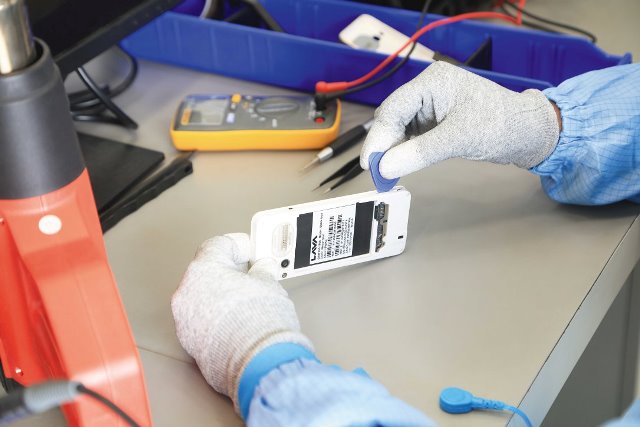China’s Xiaomi and Oppo are importing some smartphone models into India as their local plants struggle to get back to production levels needed to meet demand that built up during lockdown, Reuters reported.
 The move is a costly one as the world’s second-largest smartphone market imposes steep tariffs on imports of devices and components – part of Prime Minister Narendra Modi’s push to boost manufacturing in India. Most foreign brands in India make nearly all of their smartphones locally.
The move is a costly one as the world’s second-largest smartphone market imposes steep tariffs on imports of devices and components – part of Prime Minister Narendra Modi’s push to boost manufacturing in India. Most foreign brands in India make nearly all of their smartphones locally.
It also underscores the challenges India faces in kick-starting production as new coronavirus cases soar to nearly 300,000 while more than 8,000 people have died.
Smartphone manufacturing in India have been allowed since May to resume operations but several smartphone plants are still grappling with labour shortages, three sources told Reuters.
At the same time, demand is high because phones – not deemed essential goods by the government – were not allowed to be sold during the nationwide lockdown of nearly two months.
The bulk of the Xiaomi smartphones sold in India are made by contract manufacturer Foxconn in Tamil Nadu and Andhra Pradesh, while Oppo assembles its India-made phones at a plant on the outskirts of New Delhi.
Oppo’s smartphone manufacturing plant, which also makes smartphones for the OnePlus and Realme brands owned by common parent BBK Electronics, reopened with reduced staffing on May 7. But it had to close again for more than a week after several workers tested positive for the coronavirus.
In a few instances, staff at Oppo and other smartphone plants have either resigned or not shown up for work for fear of contracting the virus on assembly lines where people work closely, the report said.
OnePlus, which competes with iPhone maker Apple in $400-plus smartphone segment, has had to stagger sales of its latest model on Amazon’s India website.
Realme, an emerging smartphone brand, said it has been challenging to meet market demand due to supply chain disruptions and limited production capabilities.
Realme said it would not risk the health of factory workers by ramping up production quickly and that it expected to be at normal manufacturing capacity by the end of July.





